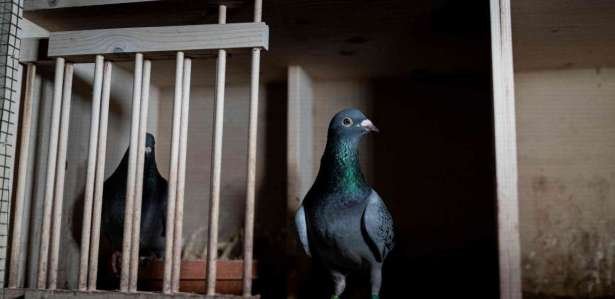
Italy’s heatwave has spread across the peninsula and 16 cities, including Rome, have issued a red alert ahead of temperatures rising 40 degrees.
Heat waves hit Europe Throughout 2022, they caused 16,300 deaths, according to data from the International Emergency Events Database (EM-DAT) compiled in a report by the World Meteorological Organization (WMO) and the Copernicus Climate Change Service (C3S) released Monday. 19. The unprecedented heat stress experienced by Europeans in 2022 was a major cause of climate-related excess deaths in Europe. Unfortunately, this cannot be considered an isolated event or a climate anomaly, said Carlo Bontempo, C3S principal. The evolution of the climate system shows that these types of events are part of a pattern that “will make extreme heat stress more frequent and intense across the region.”
According to EM-DAT data, meteorological, hydrological and climate hazards – storms, floods, wildfires, landslides and extreme temperatures – killed 16,365 people in 2022 and directly affected 156,000 people. Last year, the temperature on this continent was 2.3 degrees Celsius warmer than the pre-industrial average (1850-1900), used as a reference for the Paris Agreement on climate change. The document asserts that Europe has warmed to twice the global average since the 1980s, with far-reaching impacts on the region’s socio-economic fabric and ecosystems.
Europe recorded the hottest summer in its history in 2022, and for countries such as Germany, Belgium, Spain, France, Ireland, Italy, Luxembourg, Portugal, the United Kingdom and Switzerland, this was the hottest year in history. The European average annual temperature was between the second and fourth highest ever recorded, with an anomaly of 0.79°C above the average for the period 1991-2020. In terms of fatalities, heat waves accounted for 99.6% of deaths, according to the World Meteorological Organization’s State of the Climate in Europe in 2022 report and C3S, which boils down to more heat, less precipitation and more wildfires. The melting of glaciers is unprecedented. Floods and storms accounted for 67% of the events and were responsible for most of the total economic damage billed at $2.13 billion. The second edition of the report coincides with the celebration in Dublin, Ireland, of the Sixth European Conference on Adaptation to Climate Change and seeks to provide data adjusted to the specific needs of each region so that they can improve adaptation and mitigation strategies.
The effect of heat in Europe
In Spain, water reserves decreased to 41.9% of their total capacity on July 26, 2022, with lower percentages in some basins. France recorded its driest season from January to September, and the United Kingdom and Uccle (Belgium) experienced its driest January to August period since 1976, with important consequences for agriculture and energy production. Glaciers in Europe lost an ice volume of about 880 km3 between 1997 and 2022. The Alps were the hardest hit, with an average ice thickness of 34 metres. In 2022, they witnessed a new one-year block loss record. The Greenland Ice Sheet lost 5362 ± 527 Gt of ice between 1972 and 2021, contributing about 14.9 mm to the global average sea level rise. According to scientific assessments, it has continued to lose mass in 2022. Average sea surface temperatures across the North Atlantic region were warmest on record, and large parts of the region’s seas were affected by strong or “extreme” heat waves. The rates of surface ocean warming, particularly in the eastern Mediterranean, the Baltic, Black and southern Arctic states, were more than three times the global average.
* With information from EFE

“Lifelong web fan. Incurable internet junkie. Avid bacon guru. Social media geek. Reader. Freelance food scholar.”





